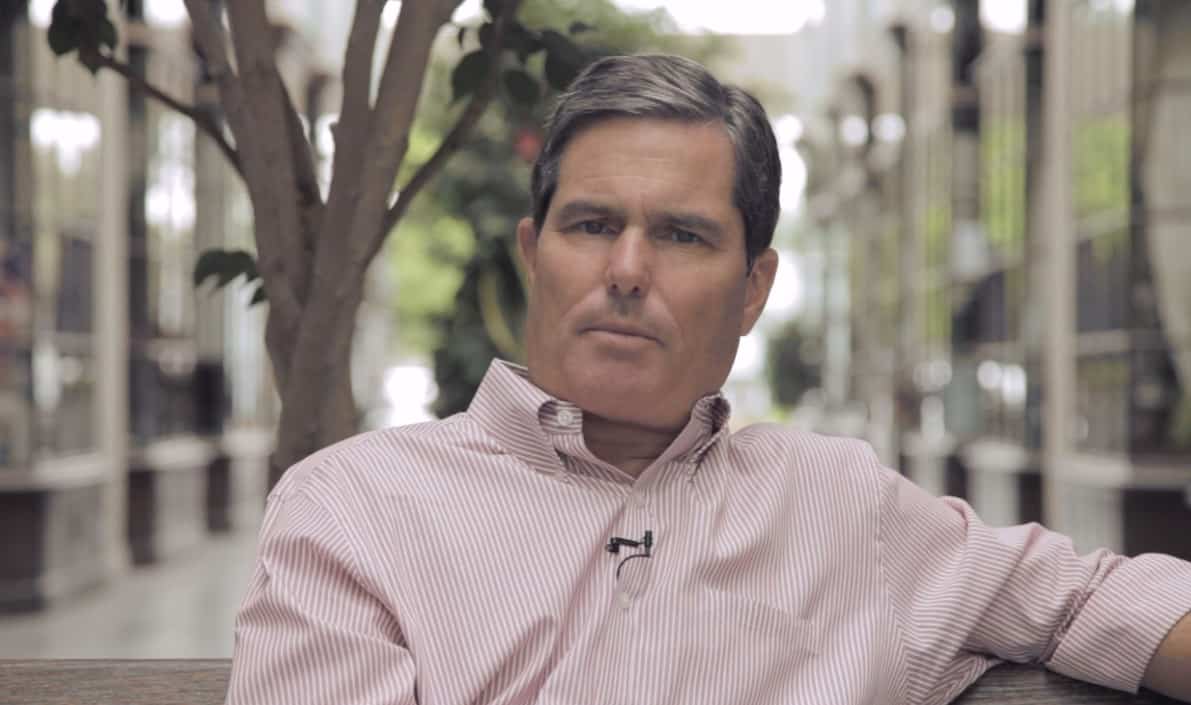Breaking Bad Behaviors
This Bench Talk is all about breaking bad behaviors. More specifically, behaviors that get us in trouble when it comes to our finances. These are the behaviors that hurt your pocketbook.
Have you ever wonder why your portfolio can’t keep up with the market or inflation? Well as it turns out, some data scientist from the University of Chicago wondered the same thing. Being professors, they decided to study this and eventually created a whole field of study called Behavioral Economics.
Behavioral Economics, in short, is the analysis of how our behaviors impact our outcomes. In their studies, what they found was that we are often the author of our own disasters. Using the concepts learned through behavioral economics, there are many takeaways that we can apply to our own finances. More importantly, how our behaviors and emotions can sabotage our investments. So, without further ado, here are 3 bad behaviors to avoid when investing.
3 Bad Behaviors In Investing
Avoid these at all costs.
Always Chasing the Very Best
People often have trouble when it comes to picking investment options. Why? Well in short, it’s because we are all guilty of chasing the very best.
We can often get so caught up in the analysis of a stock that we fail to take any action. We get “tunnel vision” when faced with too many options based on the research we have uncovered. Instead, we keep finding yet another stock, and then an even better stock, until we fail to take any action all together.
Don’t let the perfect be the enemy of the good.
Chasing The Gambler’s Dream
Gamblers are always waiting for the next big bet – one that is going to make up for all their past losses. They keep gambling away their money, each time expecting their wager to hit big. This is what is known as the Gambler’s Dream and we see the same thing in investing.
People often buy a stock only to discover that in a weeks’ time, the market tanks, and the price of that stock plummets. Instead of admitting the mistake we hold on to the stock, hoping that the next market swing or company update will eliminate those previous losses. We keep waiting for the big hit, and never recognize the loss and move on.
Using The Rear-View Mirror To Guide Us
Lastly, we use the rear-view mirror to guide our future behavior. We’re always looking at what happened yesterday, last week, or last month with a stock. Even though we aren’t invested in that fund, we still decide to buy it based off of past events.
The past is never a prologue for the future. What happens in the past is not always an indicator of what will happen in the future.
Fear and Greed
If we had to summarize this all up, it would be that people use Fear and Greed rather than reason to guide their investment decisions. Usually we get greedy because the markets are up, they’re doing well, and we have to get in. When the market takes a downturn, we get fearful, and we have to get out. We end up buying high and selling low. We also expect the repetition of that to give us profits and it never works.
In closing, we’d like to leave you with a golf analogy. Ben Hogan, perhaps one of the best golfers of all time, once said that if he hit the ball five times perfectly in a four-day golf tournament that he had a great golf tournament. Hogan amplified this by saying that “golf is a game of minimizing your mistakes”. Life and investing are like that as well. If we limit our bad behaviors, we will do very, very well.

